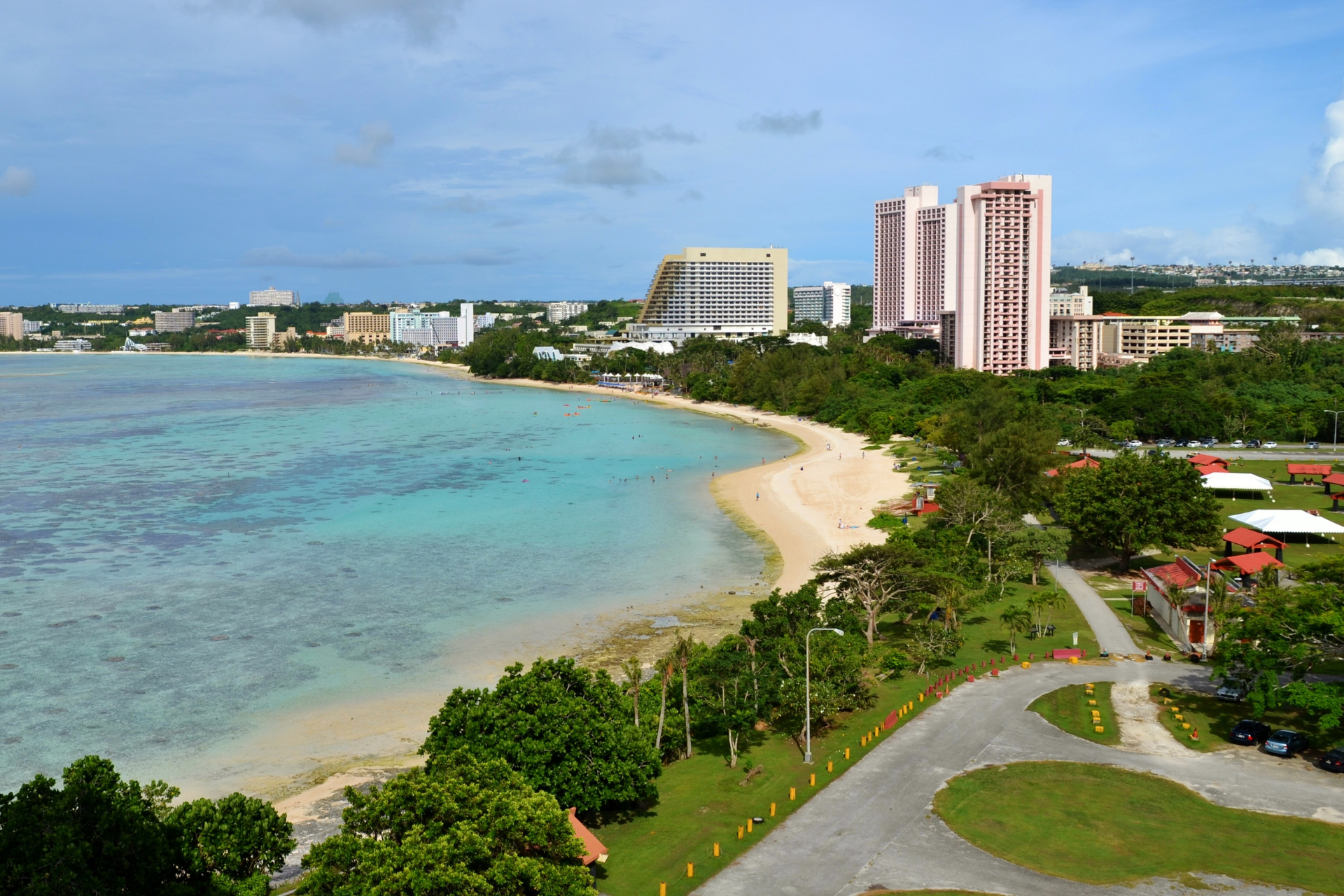Puerto Rico’s economic woes have reached crisis proportions, and one of the proposed solutions is a federal initiative (HR 870) to allow Puerto Rico to use federal bankruptcy law to restructure debts for its municipalities, including entities like the troubled Puerto Rico Electric Power Authority (PREPA).
The federal proposal would implement this reform by changing the definition of “state” under Chapter 9 of the bankruptcy code to include Puerto Rico, explicitly granting the U.S. territory authority equal to that of the states.
Mainland advocacy groups are weighing in on the subject, each making the point that their preferred remedy is less likely to lead to a federal bailout of Puerto Rico.
On one side the the debate, 60 Plus Association is arguing that allowing Puerto Rico the same Chapter 9 options as the states would permit Puerto Rico to “walk away from its debts” and “shortchange millions of seniors, pensioners and other investors who placed their faith – and life savings – in Puerto Rican bonds, only to now see island’s government try to shirk its obligations.”
Citizens Against Government Waste (CAGW) is taking a different approach. In a letter to Congress, the group urges passage of HR 870 as a way to “protect U.S. taxpayers from another costly bailout.” CAGW further explains in its letter that the Chapter 9 process would “allow debtors and creditors to settle disputes without involving U.S. taxpayers.”
The Congress of Racial Inequality makes a similar point in an editorial in The Daily Caller, arguing that “Congress should pass the bill to give the territory the bankruptcy authority of a state and put the issue where it belongs: First, with the territorial government and, then — if the territorial government chooses, in a forum presided over by a judge.” The group concludes that this remedy “would have the parties settle the dispute among themselves and not try to get the federal taxpayer to foot the bill.”
Americans for Tax Reform (ATR) has also taken a position in favor of HR 870:
“Puerto Rico’s insular electric company is out of money. In fact, its bonds have fallen to junk status. For any state municipality outside Puerto Rico (which is a territory, not a state), the next step would be obvious–apply for a structured bankruptcy settlement under Title IX of the federal bankruptcy code. That would be the best way for an ailing government entity to hit the reset button, pay debts equitably, and avoid a taxpayer bailout to keep it going. Investors would take a hit, but then life would go on without the need for extraordinary government measures.
Unfortunately, Puerto Rico does not have that option. Municipalities there were not included in the federal bankruptcy law, and the courts have said that the island cannot establish its own bankruptcy laws, either. That means Puerto Rico is stuck with a municipal power company with no money, a ton of debt, and no way out.”
ATR further observes that the “most likely outcome of this no-win scenario is a Congressional bailout of Puerto Rico and her ailing government-sponsored enterprises, starting with the power system,” and argues instead in favor of H.R. 870 as “a far better alternative than another bailout coming from Washington.”
Would access to Chapter 9 help prevent a federal bailout? The bankruptcy statute does not call for federal spending, nor does HR 870 direct it. The majority of conservative anti-government spending groups also appear to be coalescing around a Chapter 9 solution as a federal bailout alternative for Puerto Rico that is already available in the the 50 states.. Meanwhile, the situation in Puerto Rico is not improving.


